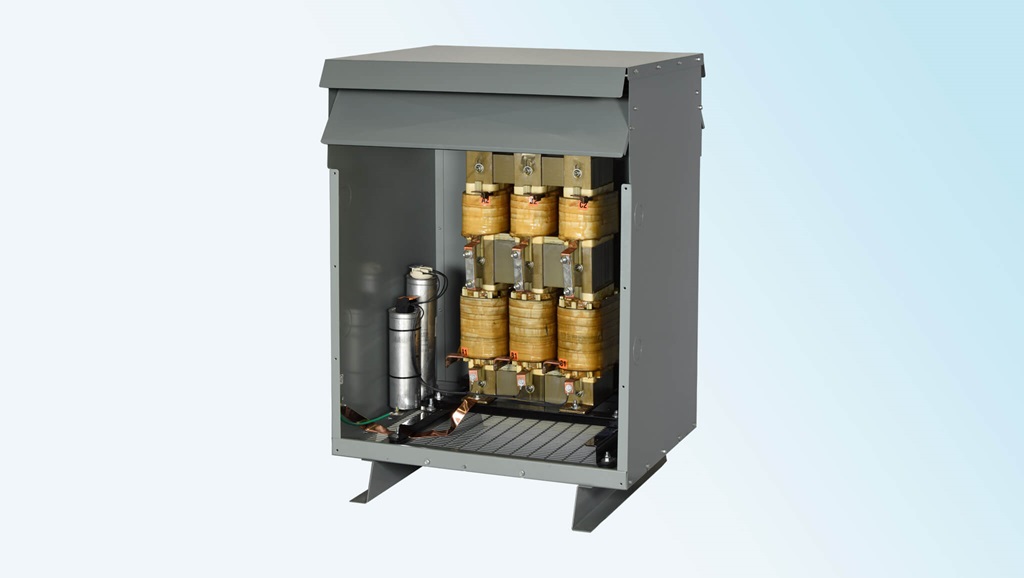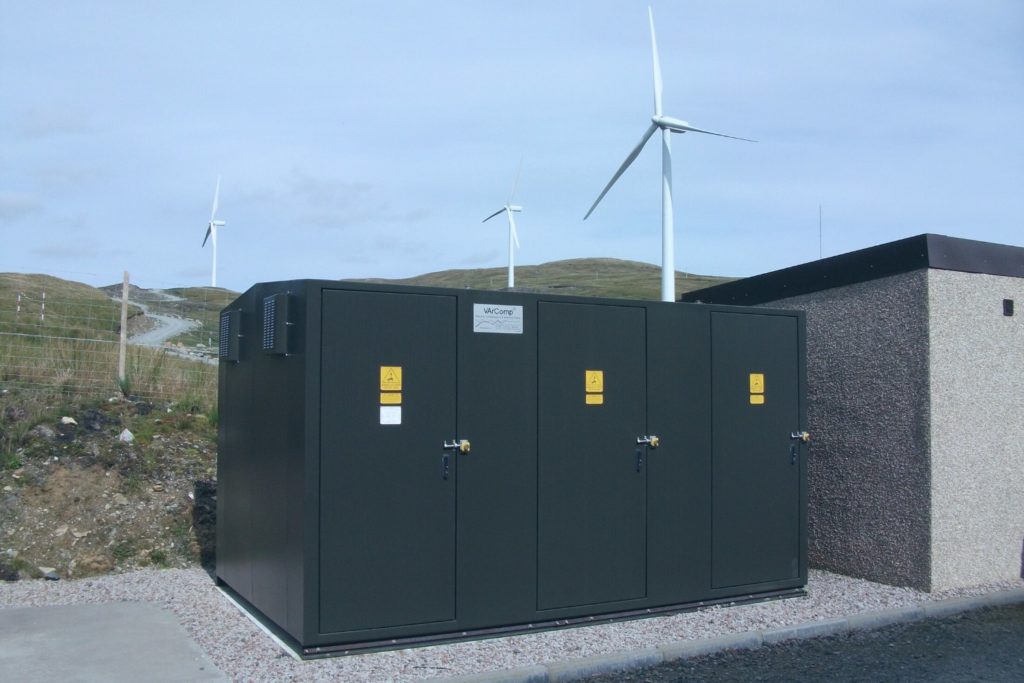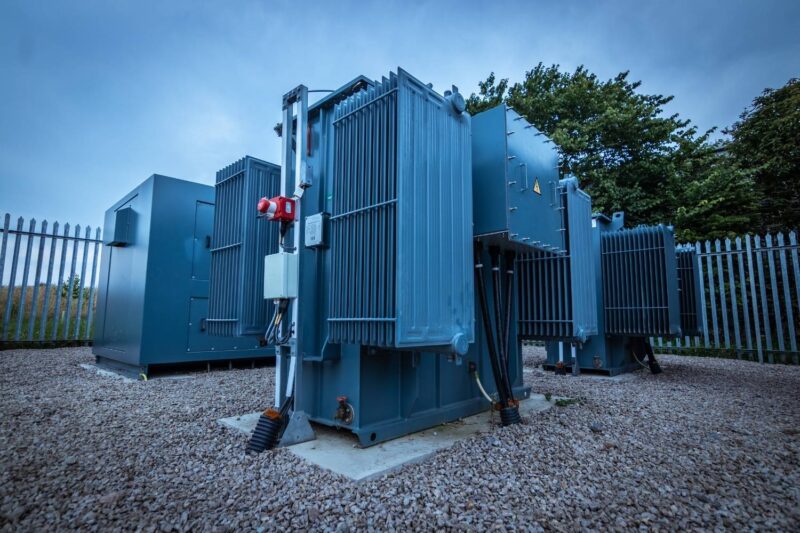In the ever-evolving landscape of renewable energy, the integration of photovoltaic (PV) systems and battery energy storage systems (BESS) has wrought transformative changes across the power sector. However, with such innovation comes the challenge of maintaining power quality, a crucial aspect that ensures the reliability and efficiency of energy delivery.
Enter harmonic filters—devices that play a pivotal role in mitigating the adverse effects of harmonics produced by these systems. By tackling issues like voltage distortion and ensuring compliance with stringent grid standards, harmonic filters are not merely ancillary components; they are essential guardians of power quality.
In this article, we will delve into the multifaceted benefits of harmonic filters, exploring how they enhance the performance and stability of PV and BESS systems while paving the way for a more resilient energy future.
Understanding Harmonics and Their Impact on Electrical Systems

Harmonics are disturbances in the electrical waveform that arise from non-linear loads, such as inverters in photovoltaic (PV) systems and battery energy storage systems (BESS). These distortions, often oscillating at multiples of the fundamental frequency, can wreak havoc on power quality, leading to overheating of equipment, increased losses, and interference in sensitive electronic devices.
As the integration of renewable energy sources escalates, the presence and influence of harmonics become more pronounced, necessitating a keen awareness of their ramifications. Understanding harmonics—where they originate, their behavioral patterns, and the potential risks they pose—is fundamental for electrical engineers and system operators alike.
This knowledge not only informs the design of robust electrical systems but also underscores the importance of harmonic filters, which can effectively mitigate these unwanted frequencies, thereby enhancing overall power quality and system reliability.
The Role of Harmonic Filters in Improving Power Quality

Harmonic filters play a pivotal role in enhancing power quality within photovoltaic (PV) and battery energy storage systems (BESS). These specialized devices are designed to mitigate the adverse effects of harmonics—distortions in the electrical waveform caused by nonlinear loads—and can dramatically improve the overall efficiency and reliability of power systems.
By selectively absorbing or canceling out specific harmonic frequencies, filters help maintain a cleaner power supply, reduce losses, and extend the lifespan of electrical equipment. This is particularly critical in PV setups, where fluctuations in output can lead to inefficiencies, as well as in BESS configurations, where quality power is essential for optimal performance and grid stability. Furthermore, the integration of harmonic filters not only enhances the operational conditions but also contributes to regulatory compliance, ensuring that systems meet stringent power quality standards while fostering a more sustainable energy landscape.
Benefits of Using Harmonic Filters in PV Systems

The integration of harmonic filters in photovoltaic (PV) systems offers a myriad of benefits that significantly enhance overall power quality. By effectively mitigating harmonic distortions, these filters ensure that the electrical output remains clean and stable, thereby protecting sensitive equipment from potential damage.
Moreover, they optimize energy efficiency by minimizing losses associated with poor power quality, ultimately leading to reduced operational costs. In addition to these advantages, harmonic filters can improve the performance and lifespan of inverters and other system components, highlighting their role in extending the operational viability of renewable energy setups.
With the rise of distributed energy resources, harmonics can lead to increased grid congestion; harmonic filters serve as a proactive solution to this pressing challenge, paving the way for smoother integration of PV systems into the broader energy landscape. Through their multifaceted contributions, harmonic filters become not just an accessory but a critical asset in the drive towards cleaner and more reliable energy generation.
Conclusion
In conclusion, harmonic filters play a crucial role in enhancing power quality within photovoltaic (PV) and battery energy storage systems (BESS). By effectively reducing harmonic distortions, these filters not only improve the efficiency and reliability of energy systems but also extend the lifespan of electrical equipment and enhance overall grid stability.
As the adoption of renewable energy sources continues to grow, the implementation of harmonic filters becomes increasingly essential for maintaining optimal power quality. To gain a deeper understanding of how harmonic filter design can further optimize these systems you can find here, also consider exploring the latest advancements and innovations in this field. By investing in the right harmonic solutions, we can pave the way for a more sustainable and efficient energy future.


